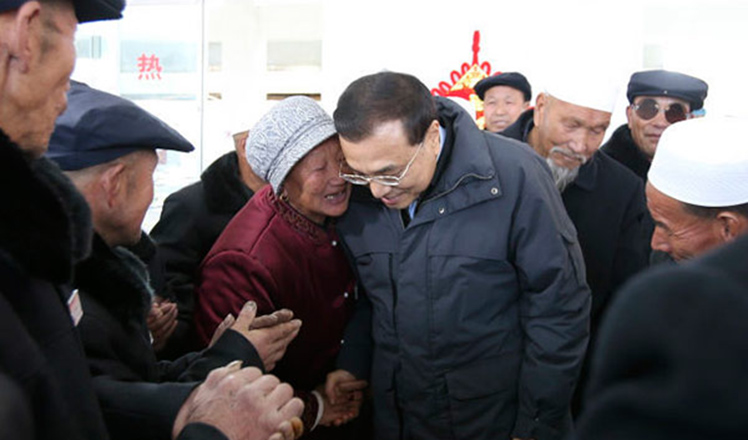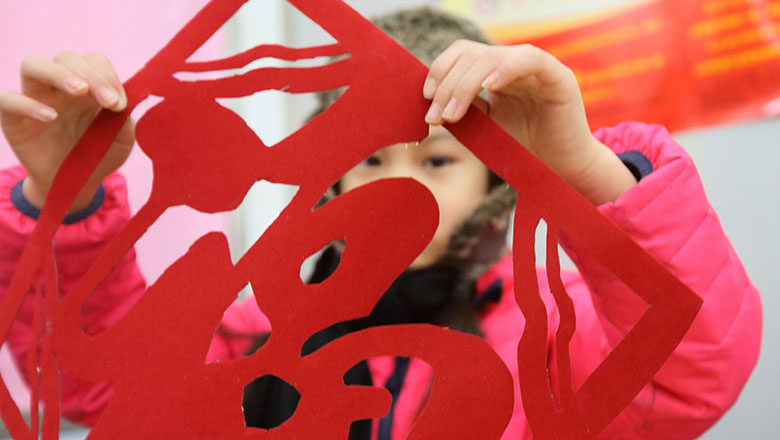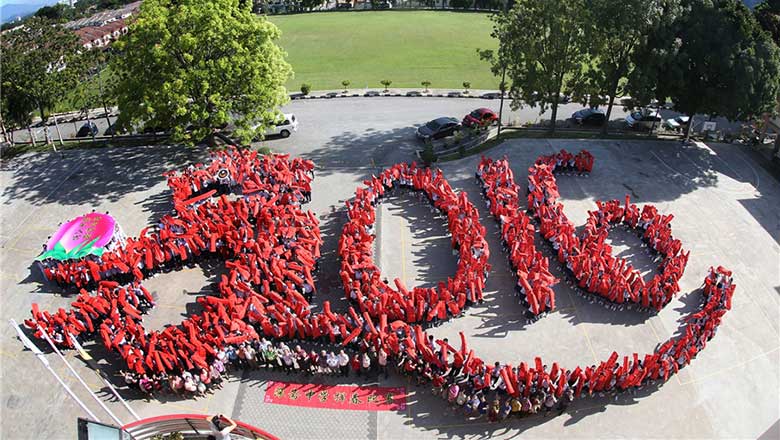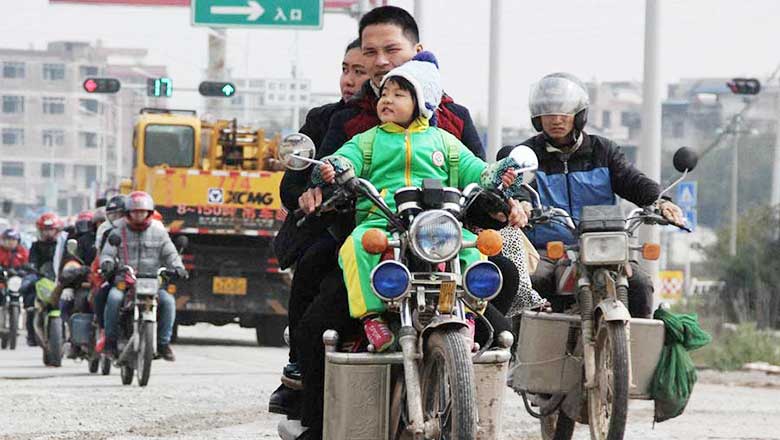Taking a scalpel to hospital ticket scalpers
Updated: 2016-02-04 07:45
By Zhang Yi and Wang Xiaodong(China Daily)
|
||||||||
Resources shortfall
Huang Yuguang, a professor of anesthesiology at the Peking Union Medical College Hospital, said the scalping trade is the result of a severe shortage of high-quality medical resources that leaves hospitals unable to cope with the high demand for treatment.
"The distribution of quality medical resources varies greatly in different regions, and between urban and rural areas," he said. "The hospitals that people are really dissatisfied with fall far short of requirements."
The Beijing Municipal Commission of Health and Family Planning, the city's top health authority, said that "Grade A" hospitals, ranked at the top of the three-tier public hospital system, treated 110 million patients in 2014, more than twice the number in 2010, and many of the patients came from other parts of China.
Ni Xin, president of the Beijing Children's Hospital, said patients from outside Beijing outnumber those from the city at some of the capital's larger hospitals. More than 70 percent of patients at the hospital - which has provided clinical services to an average 10,000 people every day in recent years - come from outside Beijing.
According to Huang, the professor, the high demand for services is driving the problem: "The excessive demand has provided business opportunities for scalpers." He added that patients from outside Beijing often find it difficult to obtain registration tickets for popular hospitals, so they buy them from scalpers.
"Police raids only deter scalpers in the short term, but they cannot eliminate them altogether," he said.
In most large hospitals in Beijing and other areas of the country, patients are required to use their ID card to register in person. Many large hospitals also provide online- and telephone-registration services, but an ID number is still required.
A recent report in the Beijing Times said that although "real name" registration is required by many big hospitals, loopholes still exist. For example, the online- and phone-registration platforms are not linked to the Public Security Bureau's ID database, so scalpers simply input a false name and number to obtain a reservation. When the scalper finds a patient willing to buy the ticket, he cancels the original reservation and immediately reserves a new ticket using the buyer's ID.
"Fighting the scalpers requires coordinated efforts by different government departments," Huang said, adding that one solution would be to improve training for doctors at grassroots hospitals to narrow the gap with large hospitals and attract more patients.
In addition, the registration fees at big hospitals should be raised to encourage patients with minor ailments to seek treatment at smaller hospitals, he said.
"Most common illnesses, such as flu, can be treated effectively at smaller hospitals," he said. "But patients with minor ailments still swarm to the big hospitals because there is little difference between the registration fees in big hospitals and smaller ones."
Contact the writers through zhang_yi@chinadaily.com.cn
- Australian police suspect overseas hackers behind threats to schools
- EU reform proposals show 'real progress': British PM
- Mainland Chile confirms first 3 cases of Zika virus
- Lanterns decorate temple to celebrate Chinese New Year in Kuala Lumpur
- Tusk to publish proposal for UK-EU settlement
- Cuba's Castro pays historic visit to France

 China's 'Moon Walker' sends back stunning HD photos
China's 'Moon Walker' sends back stunning HD photos
 Starbucks, office rents and CEOs form alternative outlook on China
Starbucks, office rents and CEOs form alternative outlook on China
 China's most beautiful wetlands
China's most beautiful wetlands
 Premier Li takes Spring Festival greetings, and gifts, to old folk
Premier Li takes Spring Festival greetings, and gifts, to old folk
 International friendship blossoms in peony painting
International friendship blossoms in peony painting
 Culture Insider: Little New Year
Culture Insider: Little New Year
 Global celebrations mark Chinese New Year
Global celebrations mark Chinese New Year
 Motorcycles ride home for Spring Festival reunion
Motorcycles ride home for Spring Festival reunion
Most Viewed
Editor's Picks

|

|

|

|

|

|
Today's Top News
National Art Museum showing 400 puppets in new exhibition
Finest Chinese porcelains expected to fetch over $28 million
Monkey portraits by Chinese ink painting masters
Beijing's movie fans in for new experience
Obama to deliver final State of the Union speech
Shooting rampage at US social services agency leaves 14 dead
Chinese bargain hunters are changing the retail game
Chinese president arrives in Turkey for G20 summit
US Weekly

|

|








